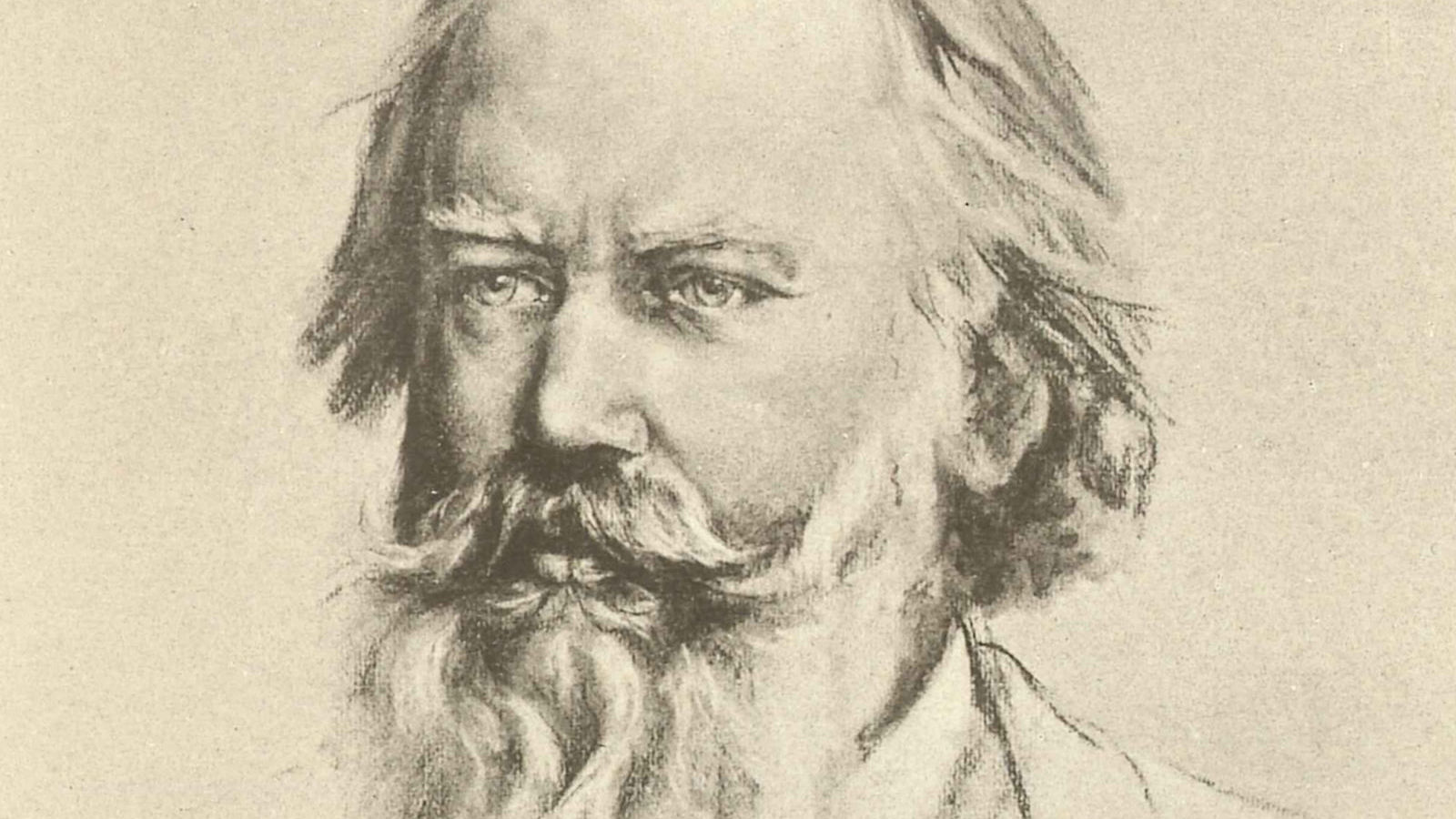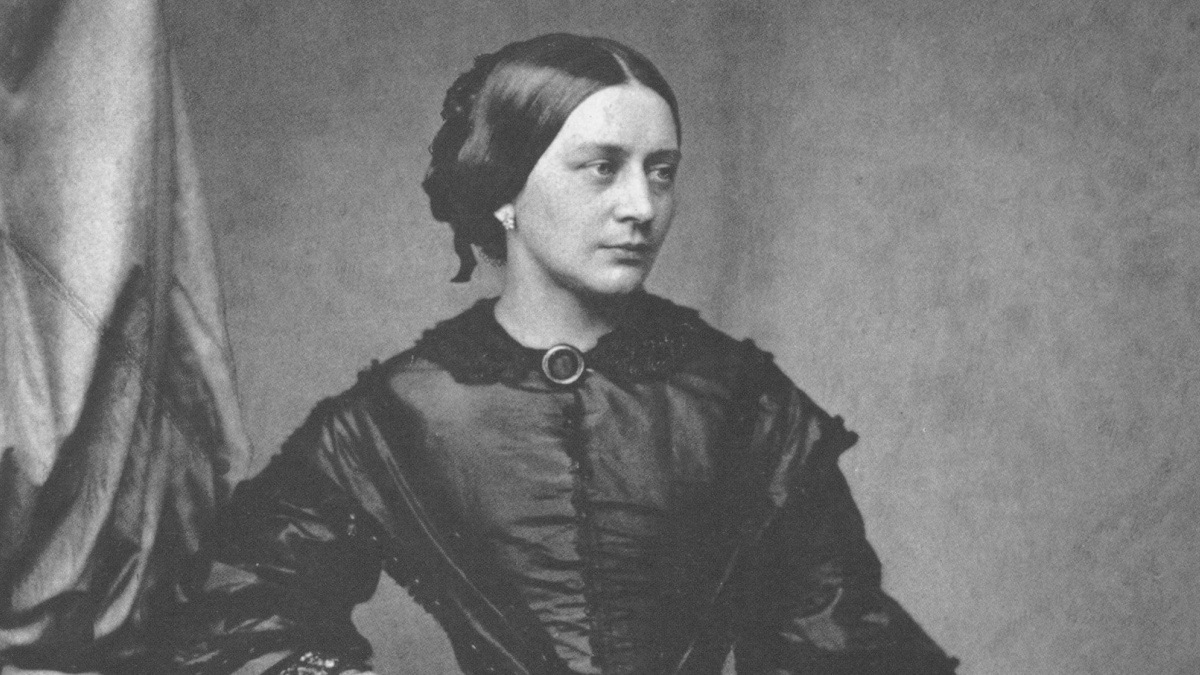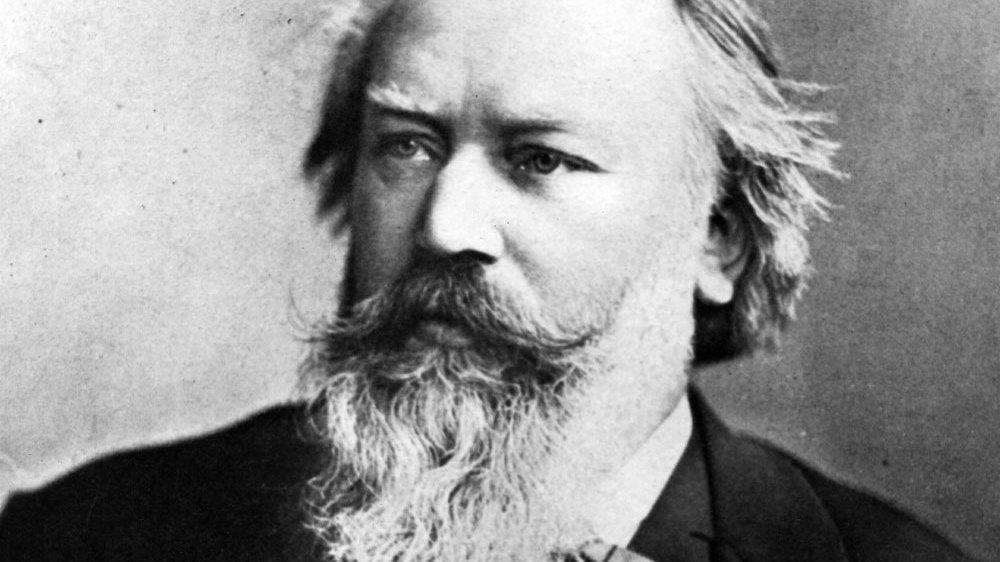Brahms’ String Quartet No. 2 in A Minor: “Free But Lonely”
Embedded in the four note motif which opens the first movement of Brahms’ String Quartet in A minor, Op. 51, No. 2 are the pitches F-A-E. These pitches form a musical cryptogram which corresponds to the phrase, “frei aber einsam,” (“free but lonely”), the personal motto of Brahms’ friend, the violinist Joseph Joachim. Brahms offered his own twist on this motto with the phrase, “Frei aber froh” (“Free but happy”). This is another motif (F-A-F) which …







